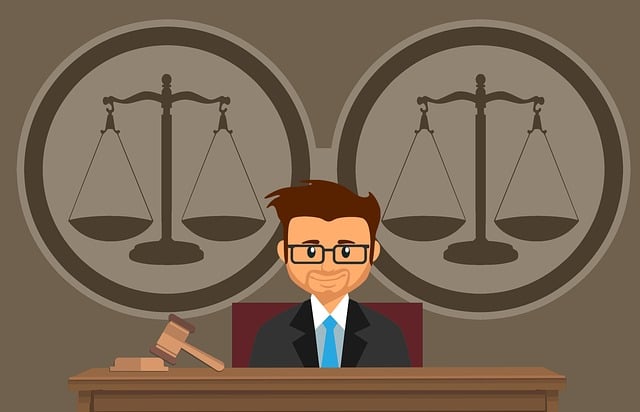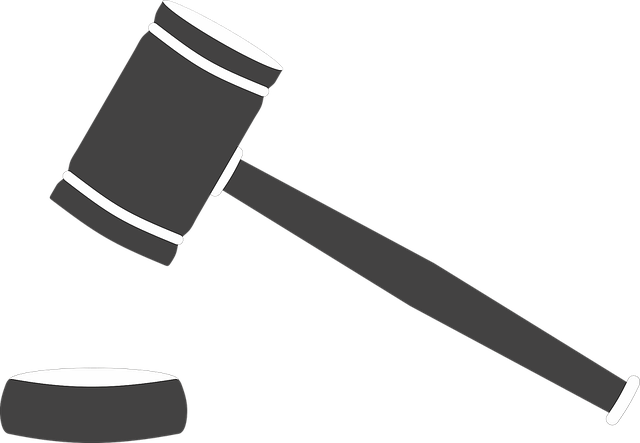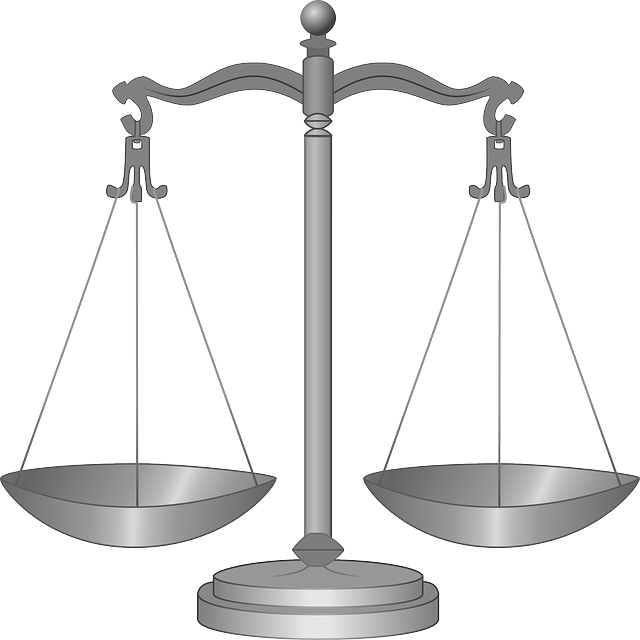Contempt of court involves actions disrupting or showing disrespect to a court's authority, with civil and criminal categories. Civil contempt is non-compliance with orders, while criminal contempt obstructs justice. Accusations require filing a detailed petition, reviewed by the court for cause, leading to a hearing. Understanding rights, seeking legal counsel, and gathering evidence are crucial steps in defense against charges.
Contempt of court is a serious legal issue that requires a nuanced understanding of both its definition and the intricate procedures involved. This article navigates the complex world of contempt law, exploring key aspects from initial identification of grounds for contempt to defending against charges. We delve into the process of filing a contempt petition, highlighting legal triggers and rights available to those facing such accusations. By understanding these elements, individuals can better navigate their rights within the court system.
- Understanding Contempt of Court: Definition and Scope
- Grounds for Contempt: Types and Legal Trigger
- Legal Procedures: Filing a Contempt Petition
- Defending Against Contempt Charges: Rights and Strategies
Understanding Contempt of Court: Definition and Scope

Contempt of court is a legal concept that refers to actions or omissions that obstruct, delay, or show disrespect for the authority and proceedings of a court. It’s a broad term encompassing various behaviors, from refusing to obey a court order to disrupting courtroom proceedings. The scope of contempt law extends beyond just civil and criminal matters; it can apply in family law, commercial disputes, and even constitutional challenges.
Understanding contempt of court is crucial for anyone involved in legal proceedings because it has far-reaching consequences. These can include fines, imprisonment, or both, and the potential to undermine the integrity of the judicial system. Legal procedures surrounding contempt are designed to ensure that courts maintain control over their dockets and that justice is served fairly and efficiently.
Grounds for Contempt: Types and Legal Trigger

Contempt of court is a serious legal issue, arising when an individual or entity obstructs, interferes with, or shows disrespect to a court’s authority and process. The grounds for contempt can be divided into two primary types: civil and criminal. Civil contempt occurs when a party fails to comply with a court order designed to enforce a rights or remedy, such as paying child support or adhering to a non-disclosure agreement. In contrast, criminal contempt involves acts that undermine the administration of justice, like wilfully disrupting a trial or refusing to answer questions under oath.
The legal trigger for contempt proceedings is typically a violation of a court order, whether it’s a temporary restraining order, a judgment, or an injunction. Even words or actions that threaten, harass, or interfere with a judicial proceeding can be considered contemptuous. Key elements include knowledge of the court order and an intentional failure to comply. The specific legal standards and penalties vary by jurisdiction, but the ultimate goal remains to uphold the integrity and effectiveness of the court system.
Legal Procedures: Filing a Contempt Petition

When facing contempt of court charges, understanding the legal procedures involved is paramount. The first step in navigating this process is filing a contempt petition. This formal document outlines the alleged violations and is submitted to the appropriate court. The petition must be detailed, providing specific instances where an individual or entity has failed to comply with a court order, such as not paying child support or refusing to attend a scheduled hearing.
Upon filing, the court reviews the petition and determines whether there’s sufficient cause to proceed. If deemed valid, a notice of contempt is issued, informing the accused party of the allegations and scheduling a hearing. This stage demands careful preparation, including gathering evidence and potentially consulting with legal counsel, as it’s crucial to present a strong defense against the contempt of court charges.
Defending Against Contempt Charges: Rights and Strategies

When facing contempt of court charges, understanding your rights and available strategies is paramount. The first step is to remain calm and composed; panic often leads to poor decision-making. You have the right to legal counsel; consult with a lawyer experienced in contempt law as soon as possible. They can help you navigate the specific allegations against you and ensure your rights are protected throughout the process.
Your lawyer will guide you on how to respond, whether that’s through a formal written response or an in-court hearing. Building a strong defense often involves demonstrating a lack of intent to disobey court orders or showing extenuating circumstances. Presenting clear and compelling evidence can help your case, so gather all relevant documents and witness statements. Remember, the goal is to prove your good faith efforts to comply with court requirements while challenging any allegations that seem unjust or misinterpreted.






